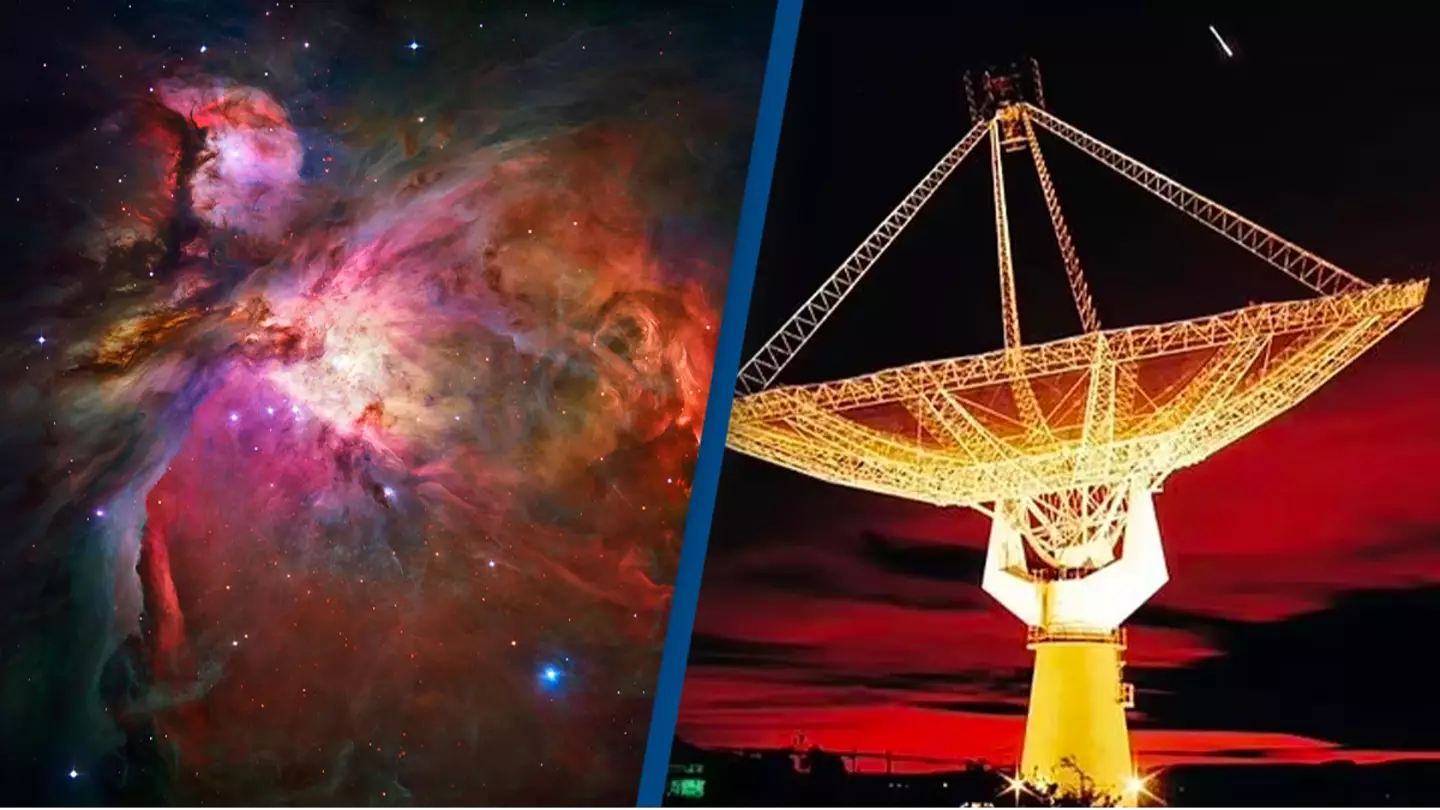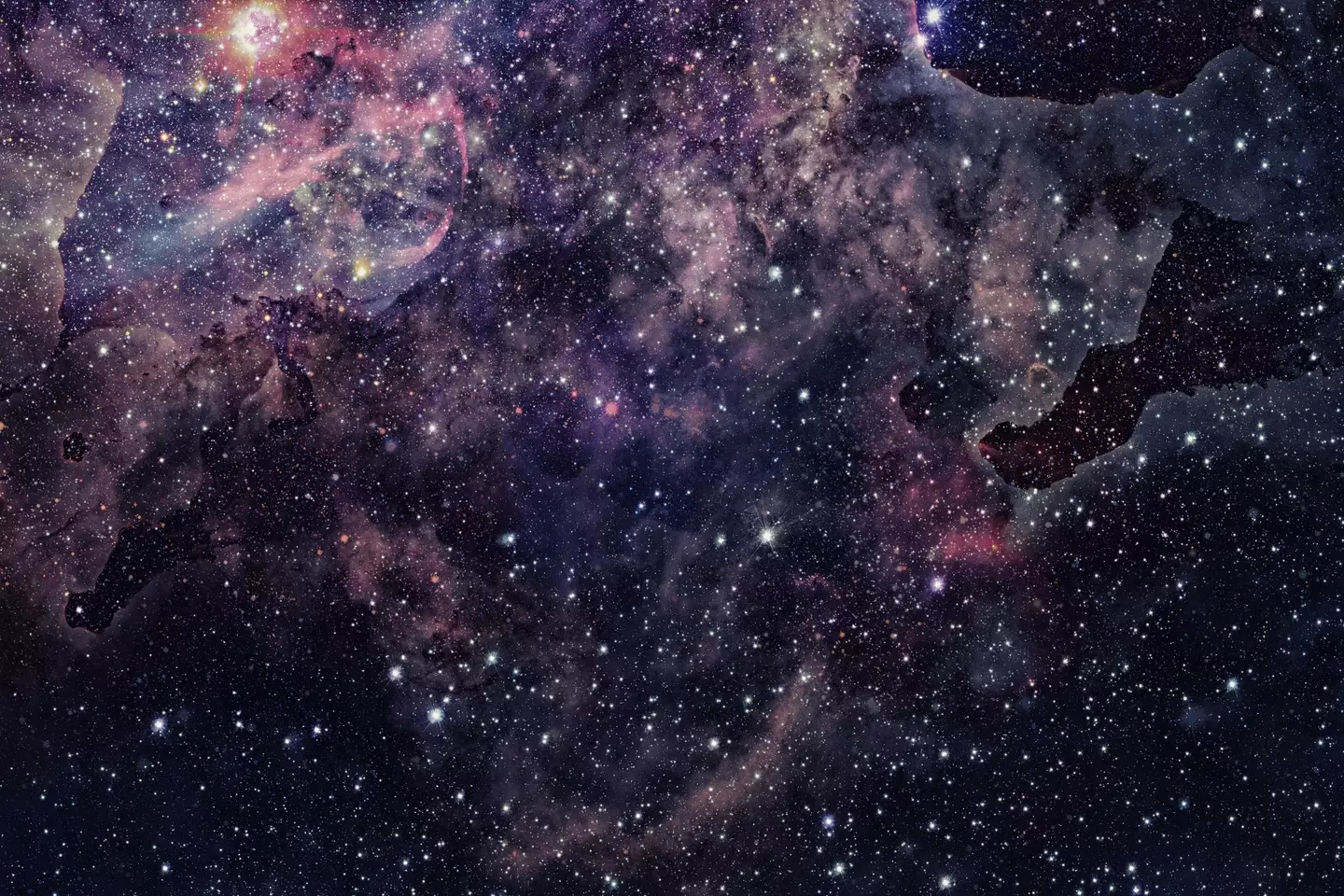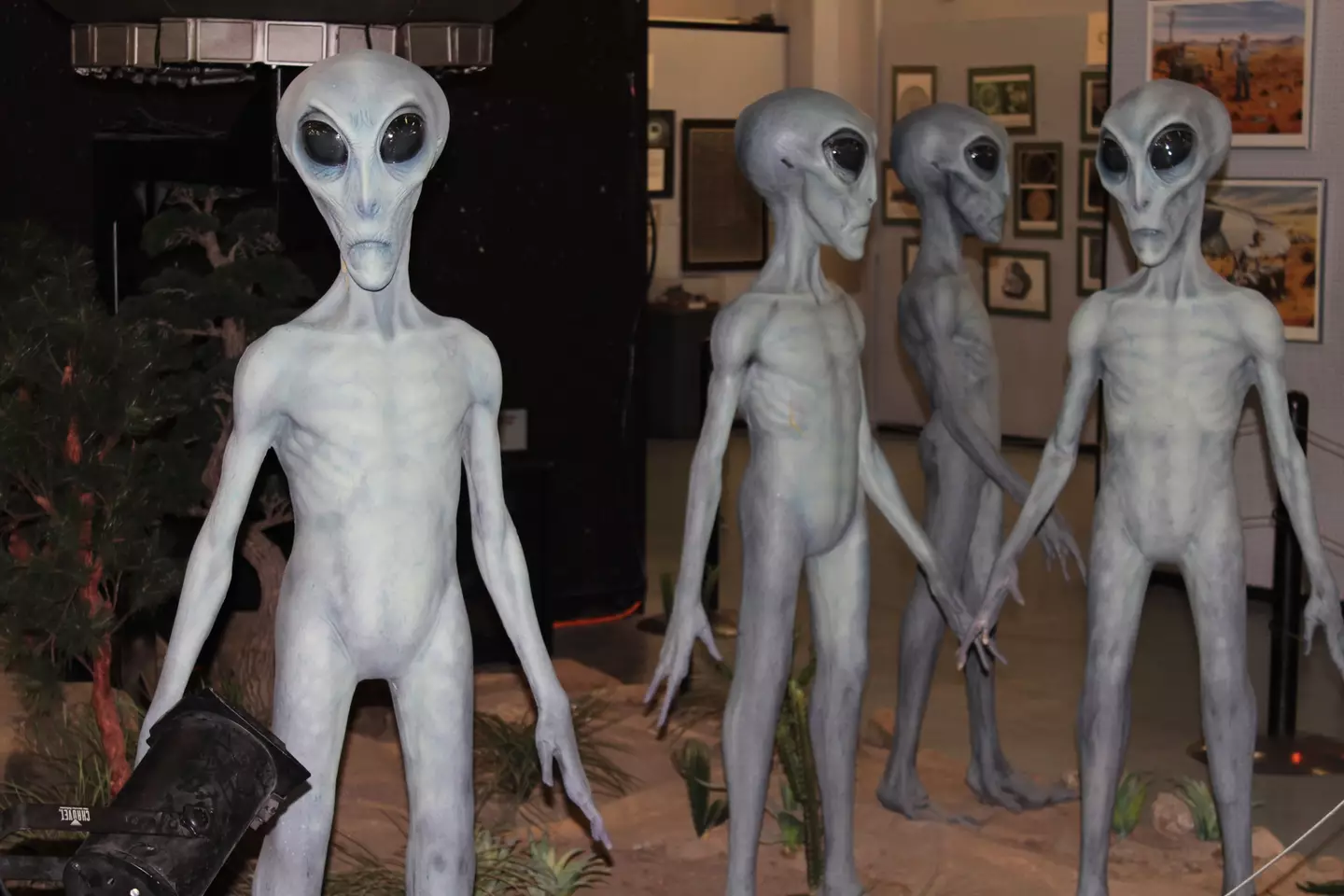
When scientists revealed they'd received radio signals from a galaxy nine billion light years away we all got a bit excited with the hopes that maybe this was finally aliens trying to contact us.
We're always on the lookout for extra-terrestrial life, even if plenty of our movies about finally meeting aliens involves them killing us horribly until we figure out how to kill them right back.
Let's hope the first bunch of visitors from outer space don't get too offended by all of that and just want to be friends.
Humanity likes looking for signs of aliens whether it be in things we think they've left behind on Earth, or the conditions we've identified on other planets out there in the grand vastness of space.
Advert
Then again, NASA has pointed out that any alien civilisation advanced enough to come and pay us a visit probably hasn't done so because any species able to do that has probably destroyed itself by now.

That also doesn't bode too well for our ability to one day live in a Star Trek-esque future where humanity has done away with poverty and famine and explores space looking for new aliens to make friends with, and in Captain Kirk's case become even more than friends.
So when we got those radio signals from nine billion light years away there were hopes this might be a more solid sign that when we look out into space there's something out there looking back at us, even if that is sort of terrifying.
Sadly not, as the scientists who received the signals have now confirmed what it actually is and it's very much not aliens.

Experts from the Indian Institute of Science and McGill University in Montreal, Canada say the signals come from 8.8 billion years in the past and originated from a star forming galaxy.
When the radio signals were first sent out from this other galaxy our own planet Earth didn't even exist yet, and wouldn't for another few billion years.
The scientists have said the signals can be traced back a long time ago to a galaxy far, far away and pinpointed their point of origin as gaseous hydrogen.
Dr Arnab Chakraborty of McGill University said the signals gave them 'a look back in time of 8.8 billion years' and could help us better understand the universe.
If we can make discoveries like this and successfully figure out what other galaxies billions of light years away are made up of then it will give us more information about the universe we all live in.